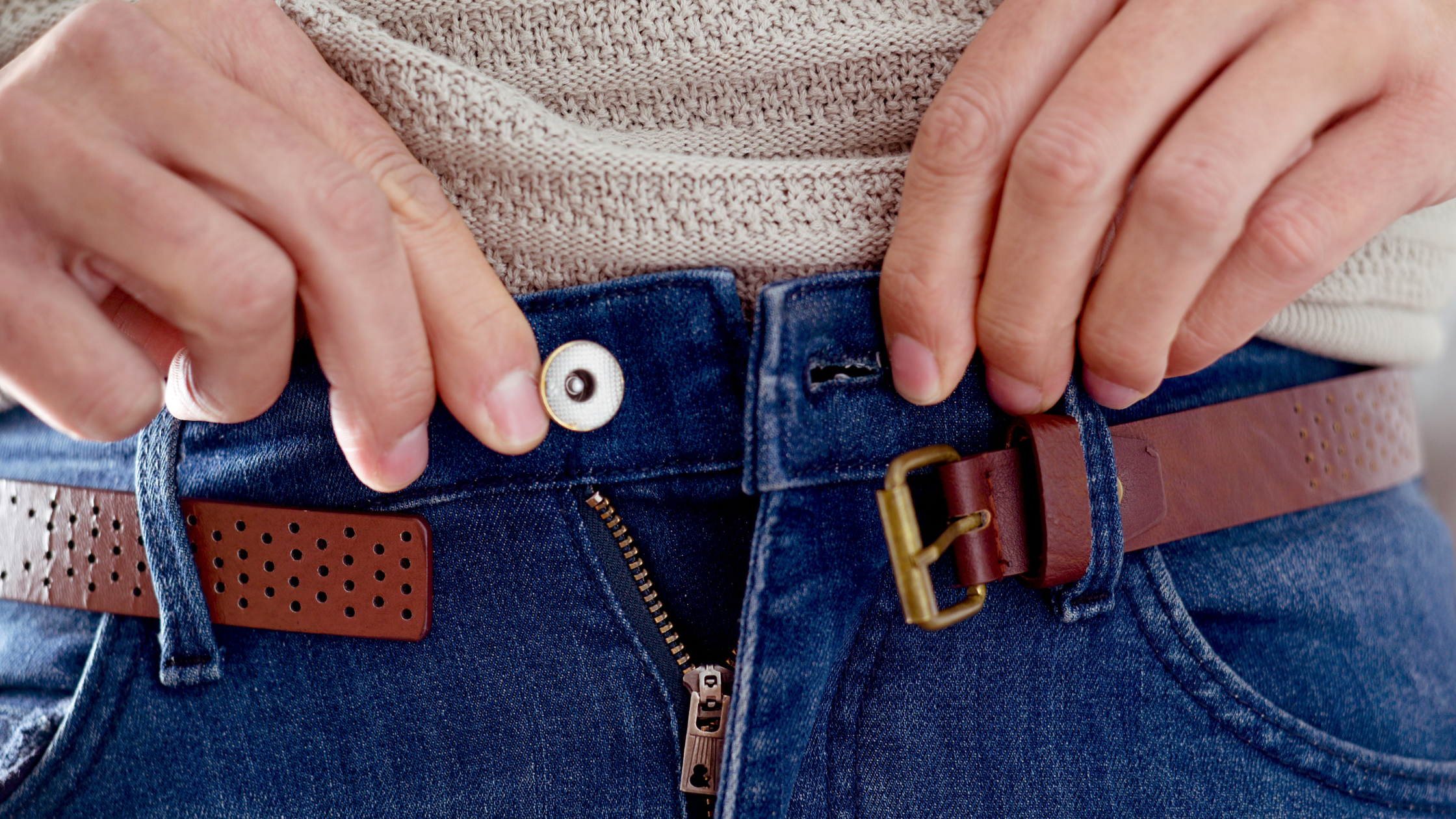7 Signs of Caregiver Burnout (and How to Prevent It)
Written by Tye Medical on Jan 28th 2021
It's not always easy being the strong, dependable one. Sometimes, it's just plain difficult. But even on those days when it seems impossible to carry on, remember to cut yourself some slack and banish the guilt trips. Caregiver burnout happens to the strongest and most loving among us.
In simple terms, it's an exhaustion that develops from the stress of a caregiving role. And since your mind and body are directly linked, the mental and emotional stress also drain your physical energy.
You become fatigued on all fronts and don't have the oxygen required to keep the flame burning. It is important to realize that you don't have to (and shouldn’t) live this way.
Start by assessing where you are now. Here are some signs to look for and ways to combat the onset of caregiver fatigue and burnout.
1. You're Exhausted Most of the Time
Caring for someone else takes energy, and the more dependent your loved one is, the more draining it can be.
Even if your life isn't as pressed as the lives of other caregivers, it's still emotionally challenging to witness your loved one's increased dependency and progressing illness. Emotional stress is just as damaging (and maybe more so) than mental and physical stress.
Chronic stress wreaks havoc on the body. The regular and prolonged release of stress hormones triggers chronic fatigue in many people. Fatigue and sleepiness are your body's way of forcing a shutdown to repair and reenergize.
But who has time to slow down? So you keep going, fighting off the need for rest, not realizing you're headed toward caregiver burnout.
2. You're Gaining Weight

Not only do those stress hormones make you sleepy and tired, but they also pack on the pounds. During periods of high stress, cortisol levels rise and often trigger unhealthy cravings.
Combine your increased desire to eat high-calorie foods with an increased demand on your time, and it's a recipe for disaster (no pun intended). It's well-known that most convenience foods are less healthy since they're packed with more fat, calories, and sugar.
3. You're Not Sleeping Well
Adequate, good quality sleep is a critical factor in preventing caregiver burnout. Stress and insomnia create a vicious cycle.
It’s common for worry and anxiety to keep caregivers awake at night, but this lack of sleep also triggers a rise in cortisol levels – which made you anxious in the first place.
So your anxiety and lack of sleep continue to fuel each other, hurting your health more and more over time.
4. You're Sick More Often
One of the stress hormones (corticosteroid) suppresses your immune system, making it less effective. Without a proper defense, you're more susceptible to infection and illness.
Have you been catching more colds? Developing more sinus infections? It might be due to stress or caregiver burnout.
5. More Headaches and Back Pain

You've probably heard about stress headaches, and they're a common indicator of caregiver burnout.
Stress hormones thrust your body into emergency mode. In response, your muscles contract, triggering everything from headaches to back aches.
You might even find yourself more reliant on over-the-counter pain relievers.
6. Depression Is Setting In
According to the Mayo Clinic, chronic stress makes you more likely to develop symptoms of depression. That's why it's essential to address caregiver stress and fatigue in the early stages.
An abundance of stress and anxiety overwhelm your system and can cause feelings of sadness and hopelessness that don't disappear in hours or days.
If you're withdrawing from friends and interests or don't have the mental energy to take on routine daily tasks, it could be stress-related depression.
7. You're Frustrated with Your Loved One
Caregiver stress stirs up emotions, making self-regulation more difficult. It's easier to lose your patience and your temper when stress hormones race through your body.
Do you feel guilty for your brimming emotions or swift reactions? Guild tends to add to your emotional stress pile, making the situation even more overwhelming.
Remember that it's okay to give yourself a timeout. Remove yourself from the situation and process your emotions. Then return when you're calmer. That's your first line of defense against emotional turmoil.
We'll talk more about healing and prevention later.
You Can Take Steps to Prevent Caregiver Burnout (or Recover from It)
Rather than trying to tackle each symptom, try reducing overall stress levels instead. After all, it's the underlying cause of caregiver fatigue and it's ill effects.
Talk It Out

Talk about your feelings with someone you trust, like a friend, neighbor, or co-worker. This allows you to express yourself and release tension that's bottled inside. It relieves stress to know that someone who cares is listening.
Incorporate Temporary Respite Care
Enlist temporary help. Many respite care services, nursing homes, and assisted living facilities offer temporary services. When you need a break, try one of these options for a much-needed time of self-care and renewal.
Accept the Reality of Progressive Illnesses
When possible, take some time to fully accept the likely outcome of your loved one's progressive illness. If you're living in denial or fighting against the facts, you're only adding to your stress and accelerating caregiver burnout.
Spend some time talking this over with family members and friends to get the support and comfort you need.
Make Self-Care a Priority

It might seem noble and right to sacrifice your care for the sake of your loved one. But as you've probably realized, this often causes more problems and struggles.
Identify specific needs concerning your physical health - like a nutritious diet, adequate exercise, and the sleep your body requires – and do your best to meet those needs as part of your self-care goals.
Also, be sure to include some time most days for your passions and interests, even if it's as simple as reading a novel, gardening, or playing a game of tennis. This goes a long way toward boosting emotional health and keeping caregiver burnout at bay.
Get Help Managing Emotions
It's not uncommon to need some extra help navigating all the emotions and stressors of caregiving. Consider talking to a counselor, therapist, or even a clergy member for additional support.
Even if you don't have the time or finances available for weekly sessions, you can probably make time once or twice a month.
If you're not sure about outside counseling, then try a local caregiver support group.
For further help, please check out our article, 10 Ways to Manage Caregiver Stress.
Ease the Load with Our Two-Piece System for Incontinence Care
While our products can't solve all your caregiver fatigue problems, we do hope you'll take advantage of our Two-Piece System.
It makes your life a bit easier when it comes to routine responsibilities like changing incontinence products.
You'll save time and hassle when you pair our leak-resistant Shaped Pads with either our Premium Briefs or Protective Underwear. Then you'll only need to change your loved one's soiled pad instead of the entire undergarment.
Watch a demo here.


